Bulletin #60: Protecting the right to health by defying repression worldwide

This fortnight
This year's International Safe Abortion Day, commemorated worldwide on October 28, marked another year passing in the fight for access to safe and free sexual and reproductive health services. Around the world, from Asia to Latin America, feminist and health movements mobilized to emphasize the importance of making abortion services truly a part of the health care provided through public health systems.
At the same time, reports about attacks and repression against health workers providing this kind of health care continued to pour in. While nurses, doctors, and other health workers work towards making abortion accessible to everyone, they find themselves targeted by right-wing groups and conservative governments – a trend that could discourage young health workers from pursuing careers in the field of sexual and reproductive health care.
In a video produced by Outra Saúde and the People's Health Movement, we zoom in on the situation in Brazil, where gynecologist Helena Paro is facing a smear campaign for her efforts to make abortion care more accessible, especially to women from poor and working-class communities.
Attacks on those fighting for the right to health extend beyond the realm of health systems. As recounted by a panel during the recent conference of the International Association of Health Policy Europe, and illustrated by actions taken against leftist media outlets in India, academic and press freedom are known to trigger retaliation by authorities and conservative groups.
Meanwhile, on the global health governance level, the right to health continues to be interpreted strictly as a matter of high-tech health systems, mostly in the context of Universal Health Coverage. As illustrated by the recent G20 Delhi declaration, so-called global leaders still fail to grasp the importance of adopting a broader concept of health for the benefit of both people and the planet.
On the other hand, front-line health workers understand very well how intertwined their lives are with those of their patients and their communities. In the United States, almost 75,000 health workers at Kaiser Permanente went on strike to ensure that those interests are prioritized over executive bonuses.
In focus: International Safe Abortion Day
On September 28, health and women’s rights activists are mobilizing to demand universal access to safe abortion and an end to the persecution of reproductive justice advocates
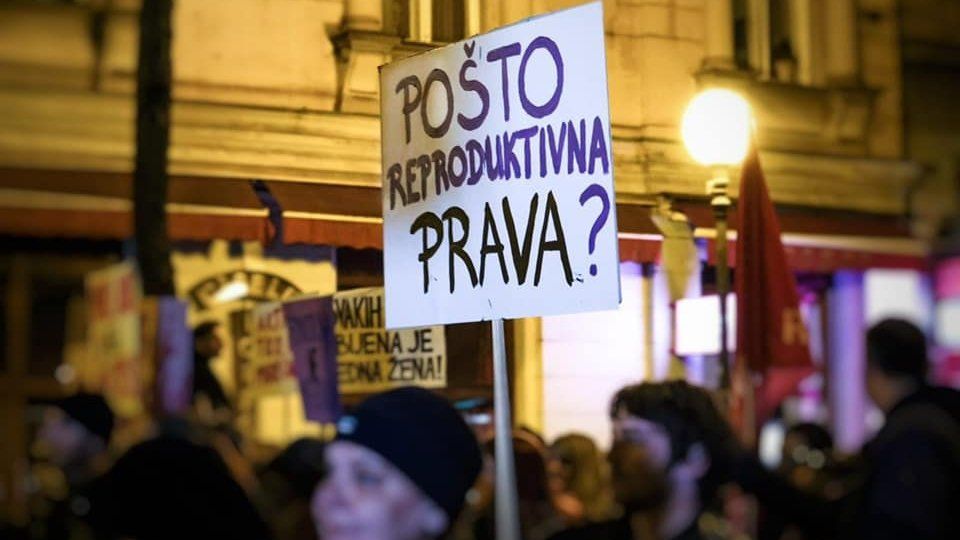
Attacks on abortion providers continue worldwide
Health workers providing abortion care continue to be attacked and persecuted, with alarming trends registered across the globe
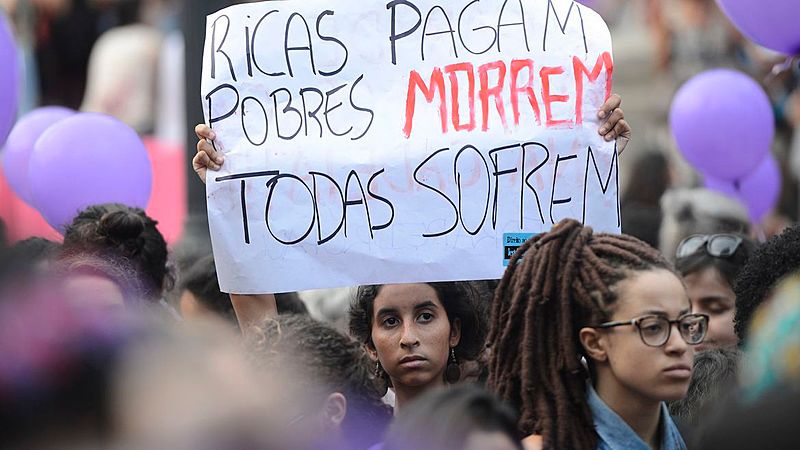
On International Safe Abortion Day, women across Latin America march demanding reproductive rights
Hundreds of thousands of women flooded the streets across Latin America, demanding decriminalization and legalization of abortion
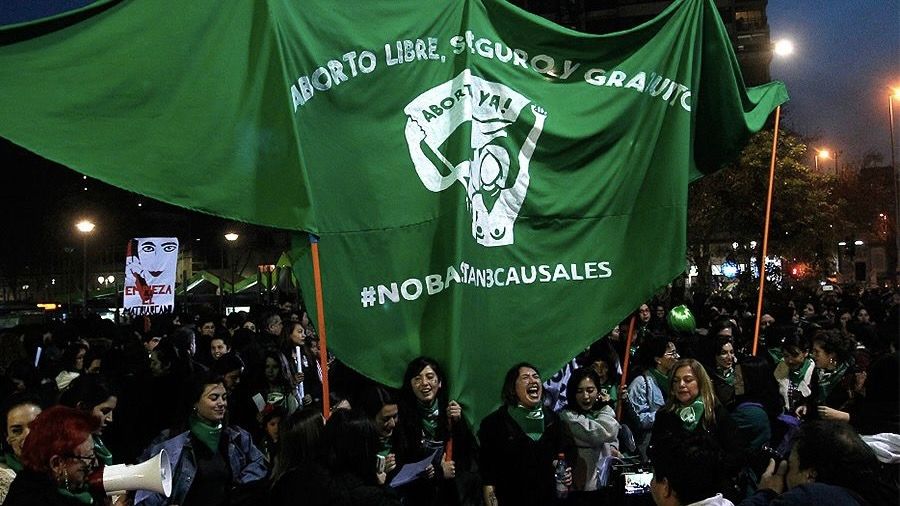
Video: Helena Paro and the struggle for safe abortion in Brazil
Helena Paro is a gynecologist, obstetrician, researcher and professor in the state of Minas Gerais, Brazil. In a conversation with Outra Saúde and the People's Health Movement, she talks about attacks she has faced for trying to make abortion care more accessible during COVID-19
Featured articles
Looking for a health agenda in the G20 Delhi Declaration
After the conclusion of the recent G20 meeting in New Delhi, health rights activists and researchers point out some of the gaps in the final declaration
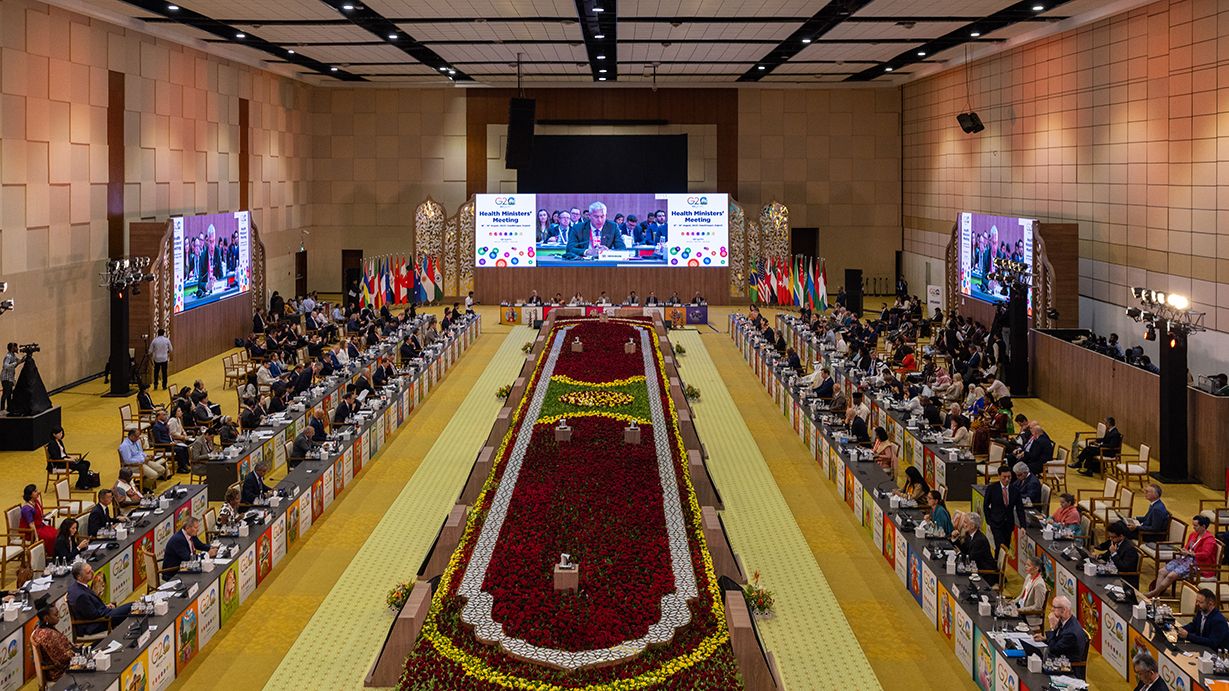
Critical public health experts face rising maltreatment and corporate intrusion
Critical public health is under attack by both corporate sector and authoritarian regimes, warned panelists at International Association of Health Policy Europe conference, citing examples of Palestine, Turkey, and Australia
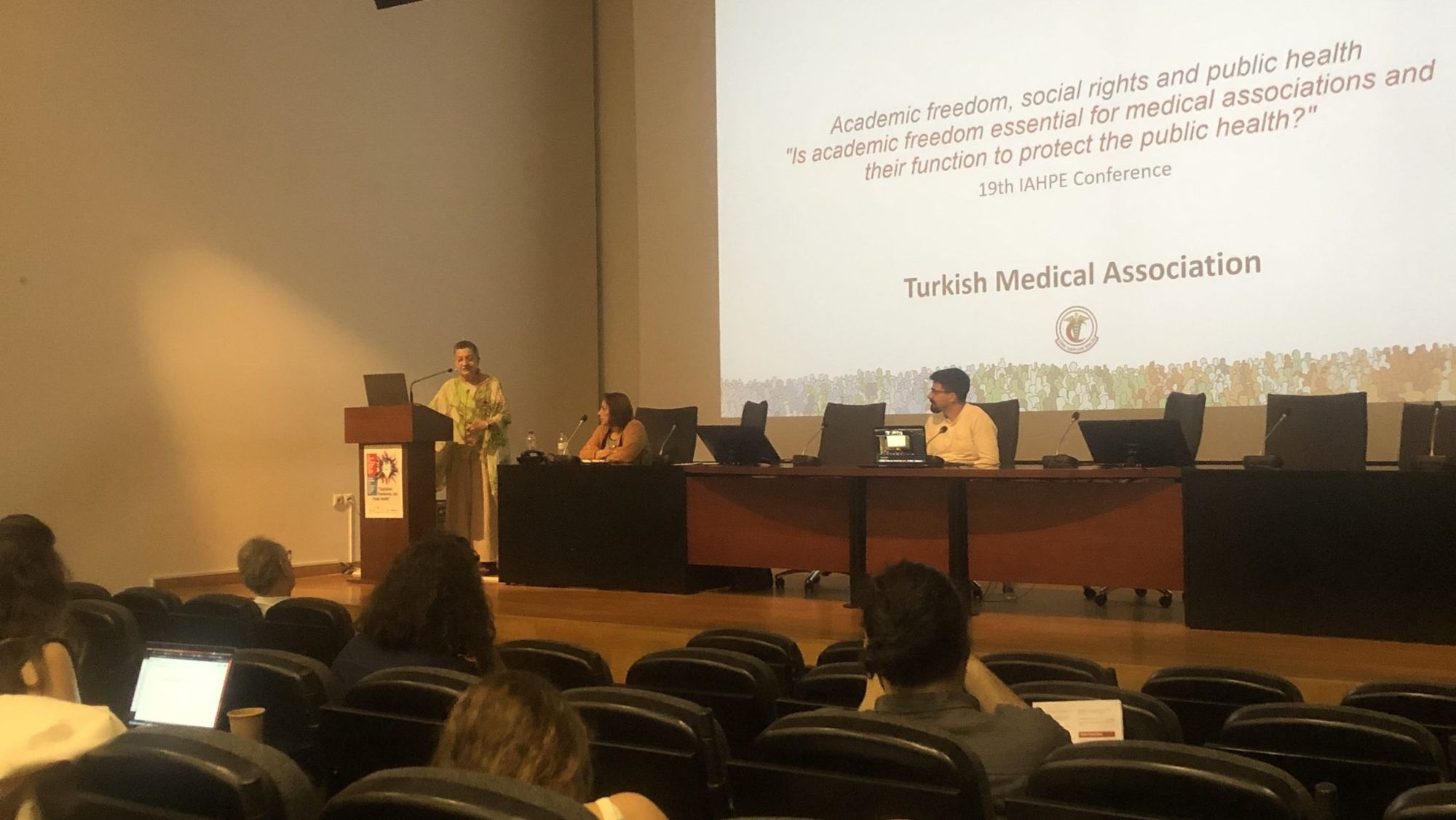
Short reads
75,000 US health workers strike for fair pay and benefits
75,000 Kaiser Permanente health workers walked off the job Wednesday to fight short staffing
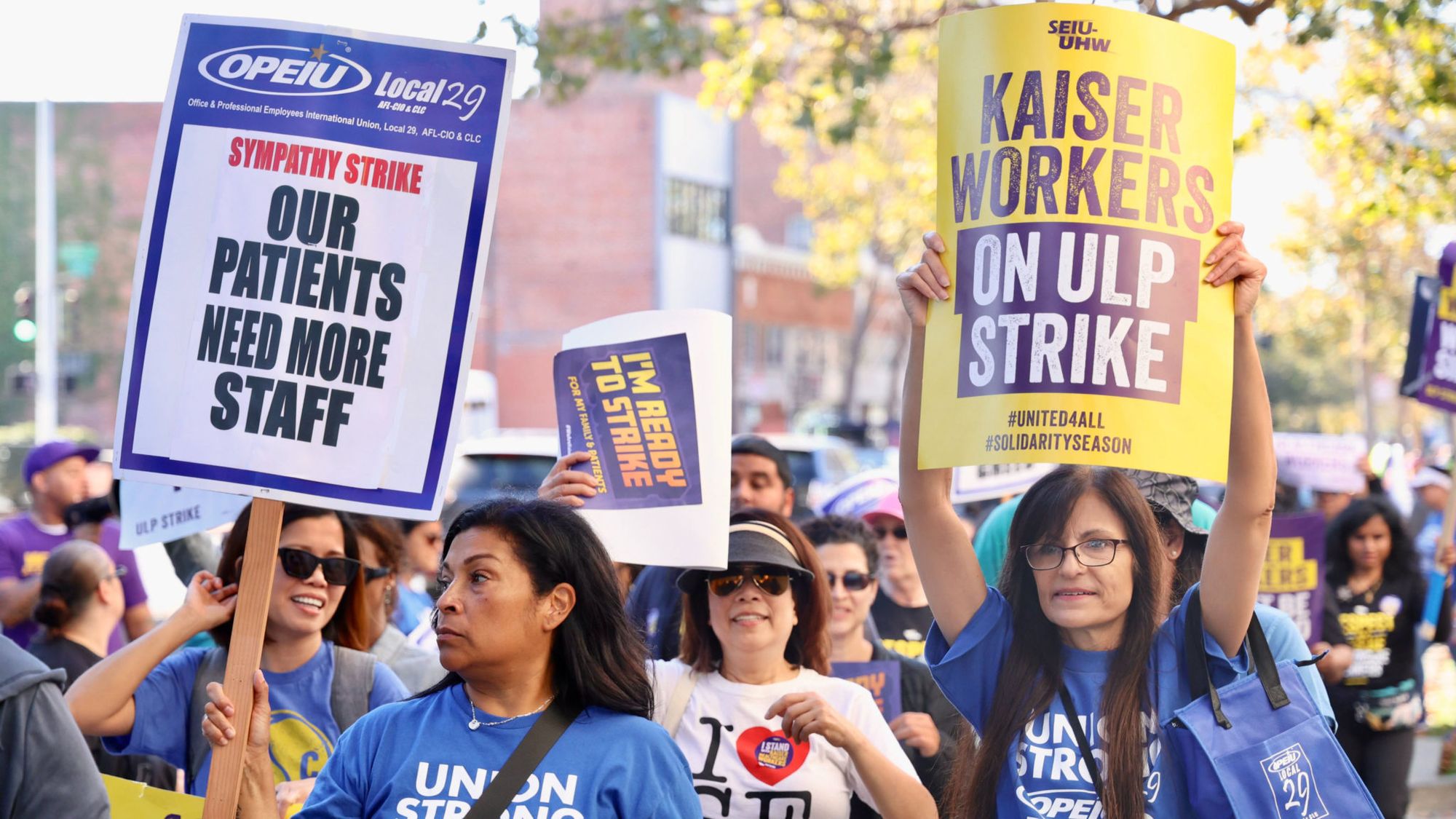
Data speaks
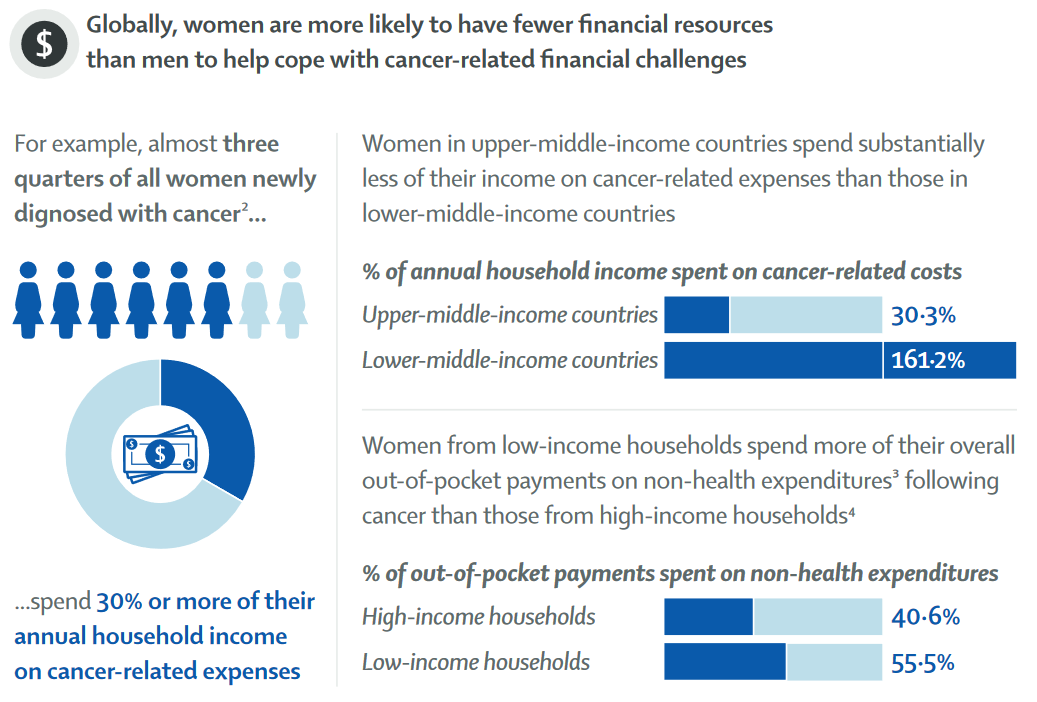
In case you missed it

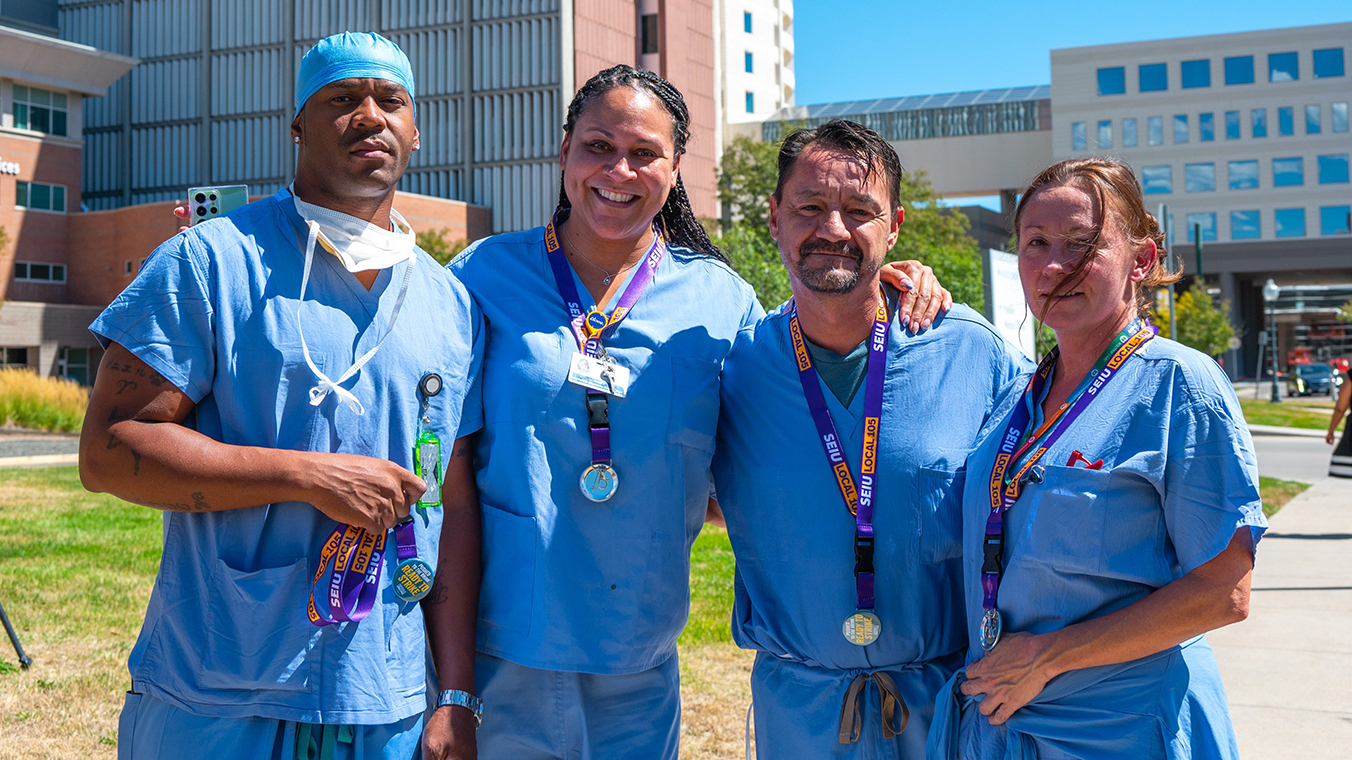
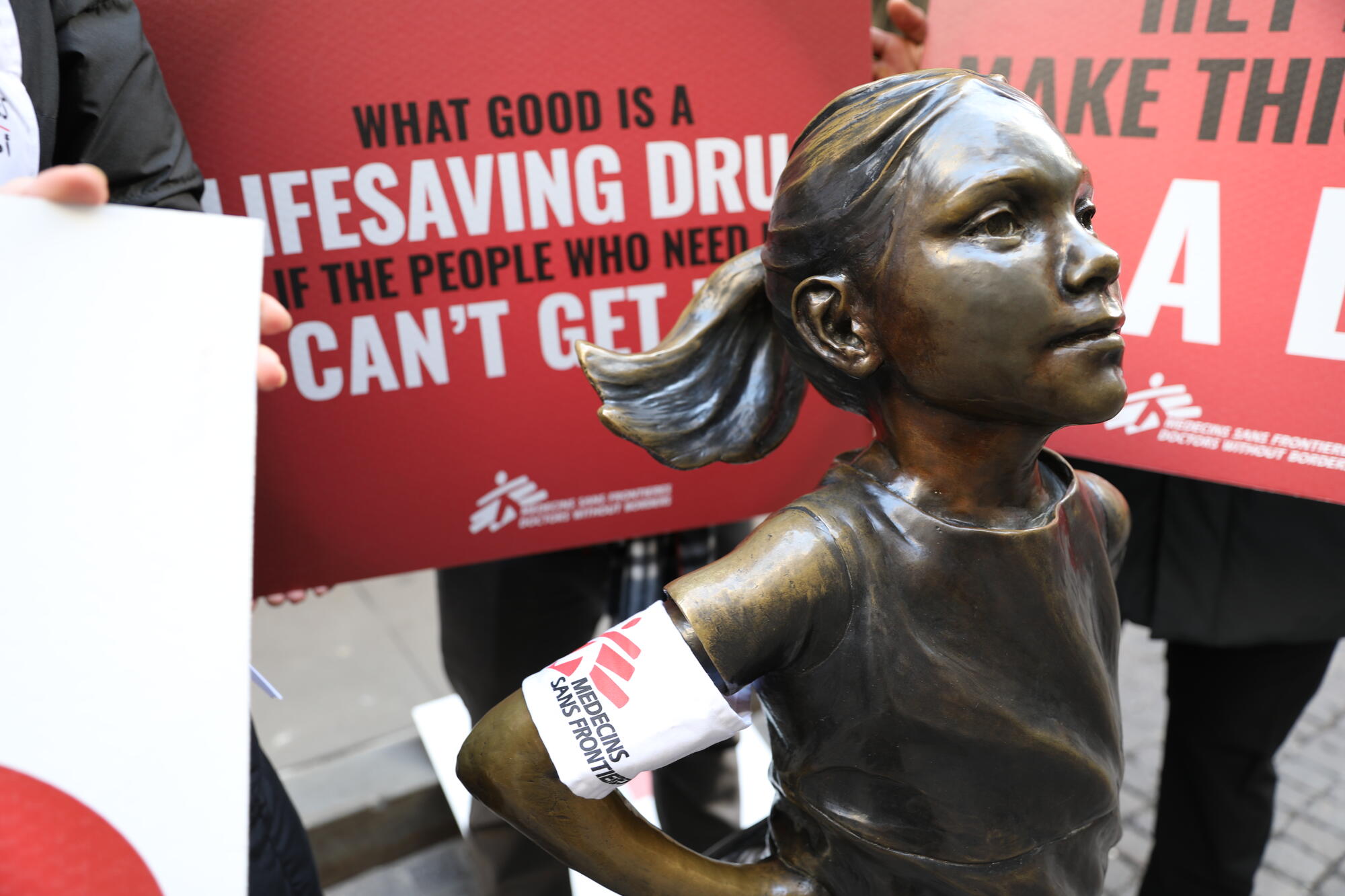

(3)_0.png)


